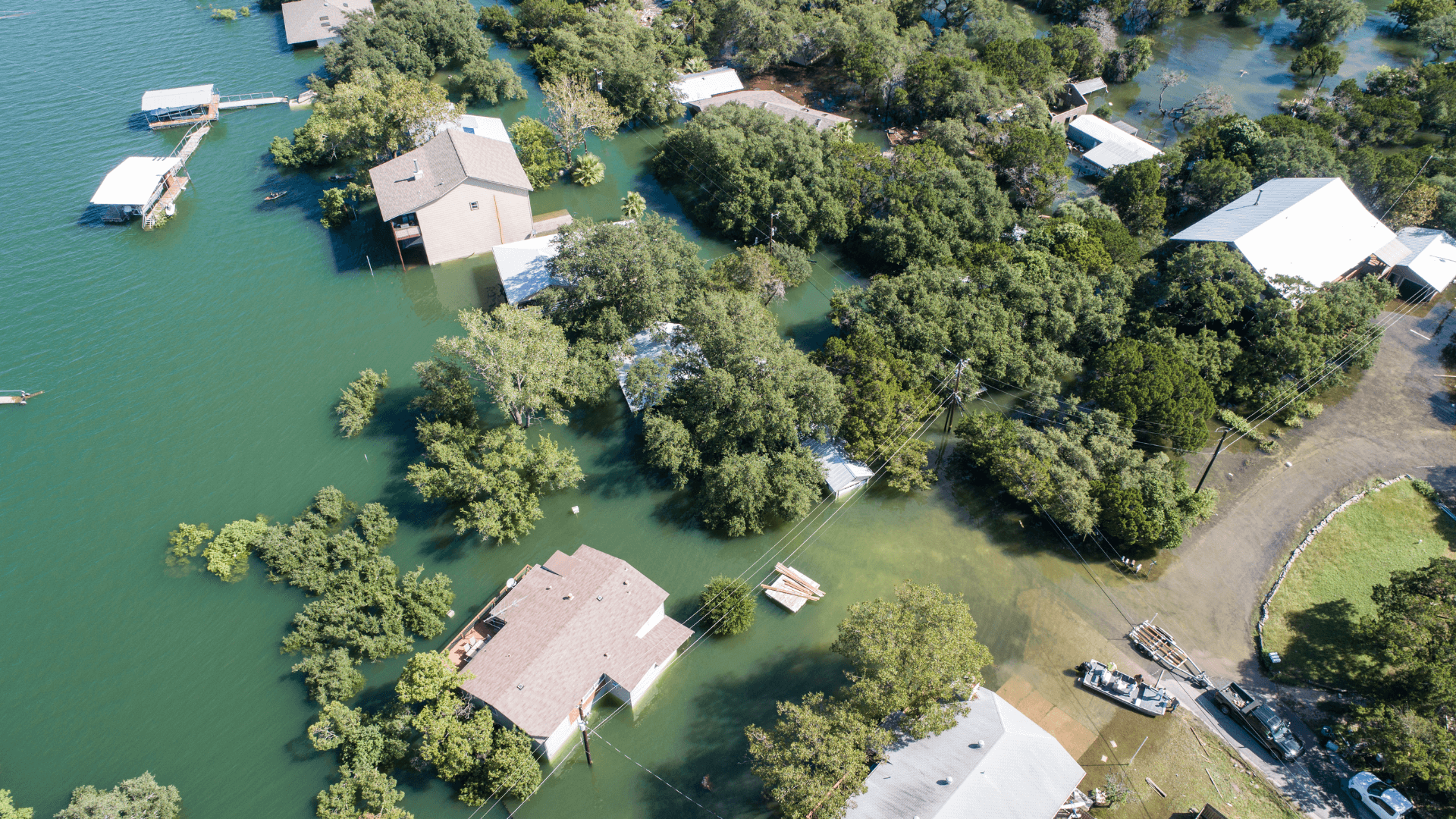Cross-selling for mortgage brokers happens when financial institutions, lenders, or individual brokers use information gathered during loan processing to pitch additional financial products. Cross-selling can be looked at as a form of customer retention. It's a hot topic in the industry because many mortgage brokers have questions about the pros, cons, and ethics of cross-selling financial products and banking products to get new customers that might actually be old customers.
Machine learning is in practically everything these days and is prevalent in the insurance industry as well as the financial services industry. When combined with artificial intelligence, machine learning provides businesses from all different types of industries with the ability to streamline workflows and automate much of the decision-making process. One sector that's set to benefit most from machine learning is underwriting.
With mortgage interest rates at their highest levels in recent years, the mortgage banking industry is facing a period of hesitancy among prospective borrowers and existing clients alike. This is a time when lenders and brokers must do everything in their power to ensure that the pace of mortgage applications does not slow down too much, but they also need to watch their mortgage pull-through rates.
Gone are the days when lenders rely on emails and accessing consumer information through unsecured systems. The Financial Services Regulatory Authority of Ontario (FSRA) is proposing guidelines to support the lending industry and cybersecurity preparedness. This is big news for the Canadian mortgage industry.
Concerns about climate-related risks have been growing within the financial sector for many years, particularly in the insurance sector. However, at COP26 in Glasgow, the broader financial sector was a key part of the discussions that have reinforced the recommendations of the Task Force on Climate-related Financial Disclosures and the importance of monitoring and reporting associated risks. Integral to these processes is OFSI’s first Annual Risk Outlook where climate change-related risks are prominent.




